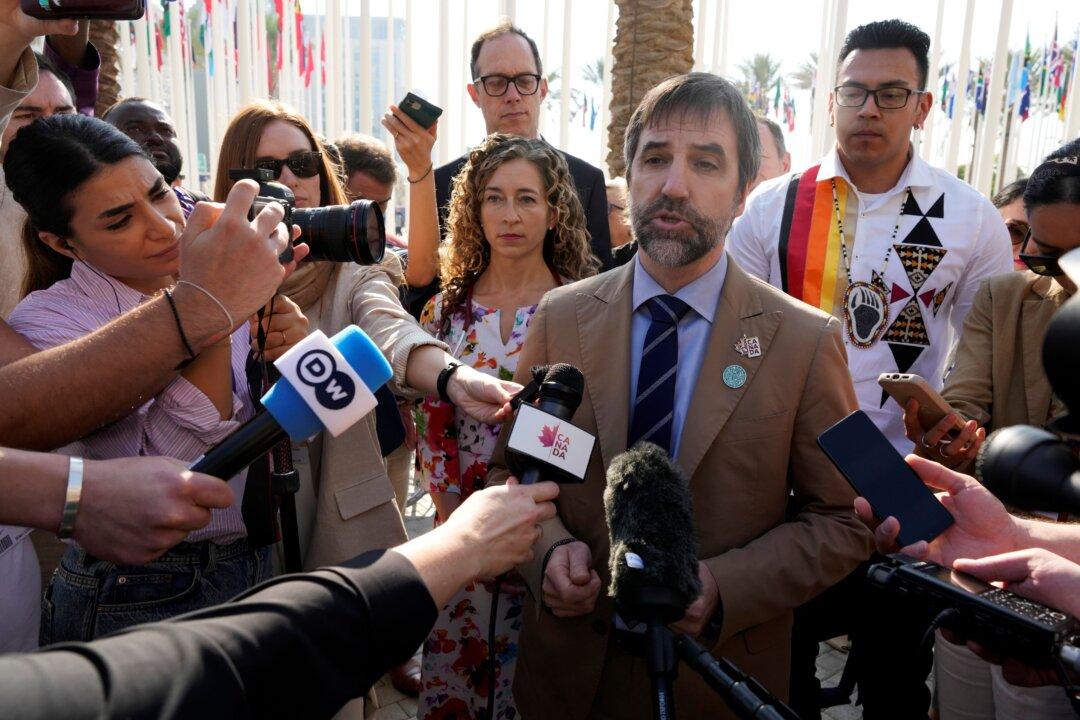Ottawa’s push to have oil and gas companies cut emissions by at least one-third of 2019 levels by 2030 is not only “unrealistically ambitious” but also risks curtailing production, CIBC says.
“The timing of the cap remains unrealistically ambitious, and hence would make it onerous if implemented,” wrote CIBC Capital Markets analysts Shaz Merwat and Dennis Fong in a Dec. 7 note to clients, as reported by Yahoo Finance.





